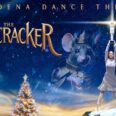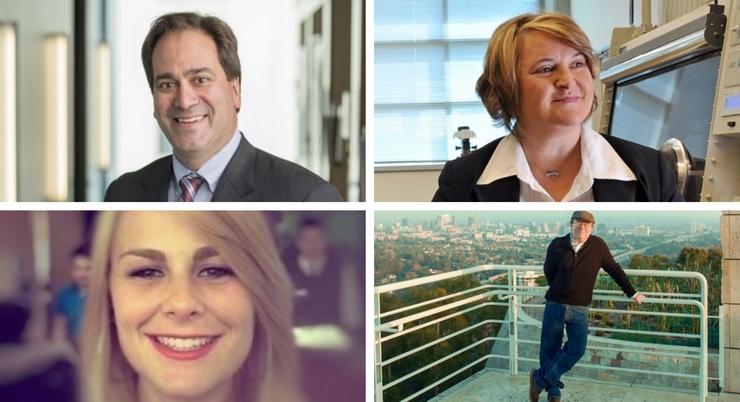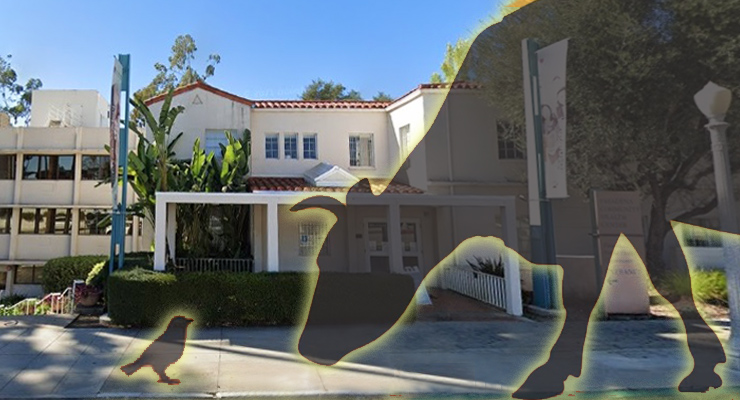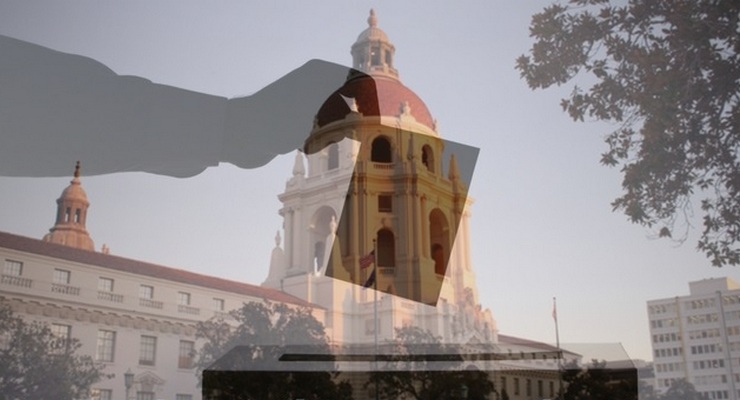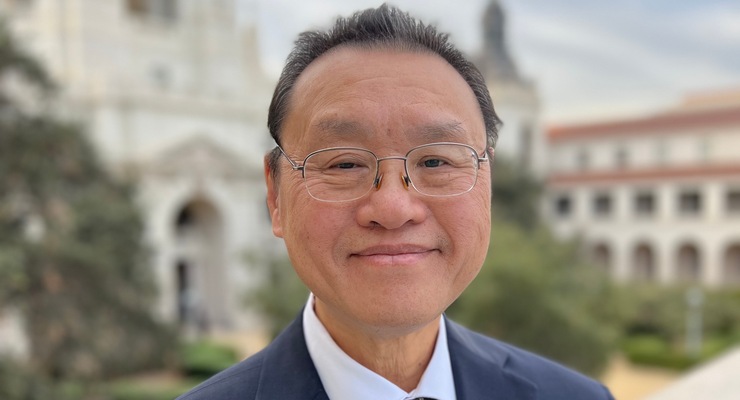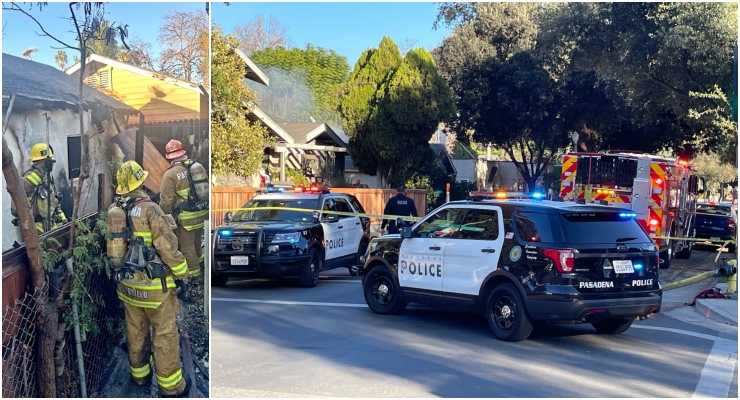Technological advances are occurring at a rapid pace with scientists and researchers developing breakthroughs that are radically altering how we live while enhancing our knowledge of the universe.
In recognition of this progress, the Rotary Clubs of Pasadena and Sierra Madre are sponsoring the third annual Rotary Humanitarian Science, Technology, Aeronautics, Robotics Awards Dinner Jan. 31, at the University Club in Pasadena.
The awards recognize outstanding accomplishments in the areas of health and medicine, environmental improvement, knowledge sharing, and disaster relief and recovery.
Last year the groups honored Dr. Frances Arnold for her work in the directed evolution of enzymes; work she was later recognized for with a Nobel Prize. Other recipients have come from Caltech, Jet Propulsion Laboratories, National Aeronautics and Space Administration to name a few.
This year, out of 20 nominees from the local community and beyond, five were selected for the awards. They are: Dr. Chad Mirkin for health and medicine; Dr. Mihri Ozkan for environmental improvement; Maria Velasco for disaster relief and recover; and James Marggraff for knowledge sharing.
Wikipedia co-creator Lawrence Sanger will bestowed with the Helios Award.
“The history of the awards was born of a conversation between Sierra Madre Rotary Club members when we were contemplating a focus event for our club,” explained member Joan Riback. “We recognized that our community is a community of scientists and aerospace engineers and researchers and we wanted the event to reflect the outstanding work being done and highlight significant humanitarian benefits to our community and the world.”
Marie Csete, president and chief scientific officer of Huntington Medical Research Institutes will serve as mistress of ceremonies. “She’s able to take the scientific knowledge that is expressed in each of the achievements and translate it into basic language everybody can understand,” Riback observed.
See the event website for more information: https://www.rhstar.org/






